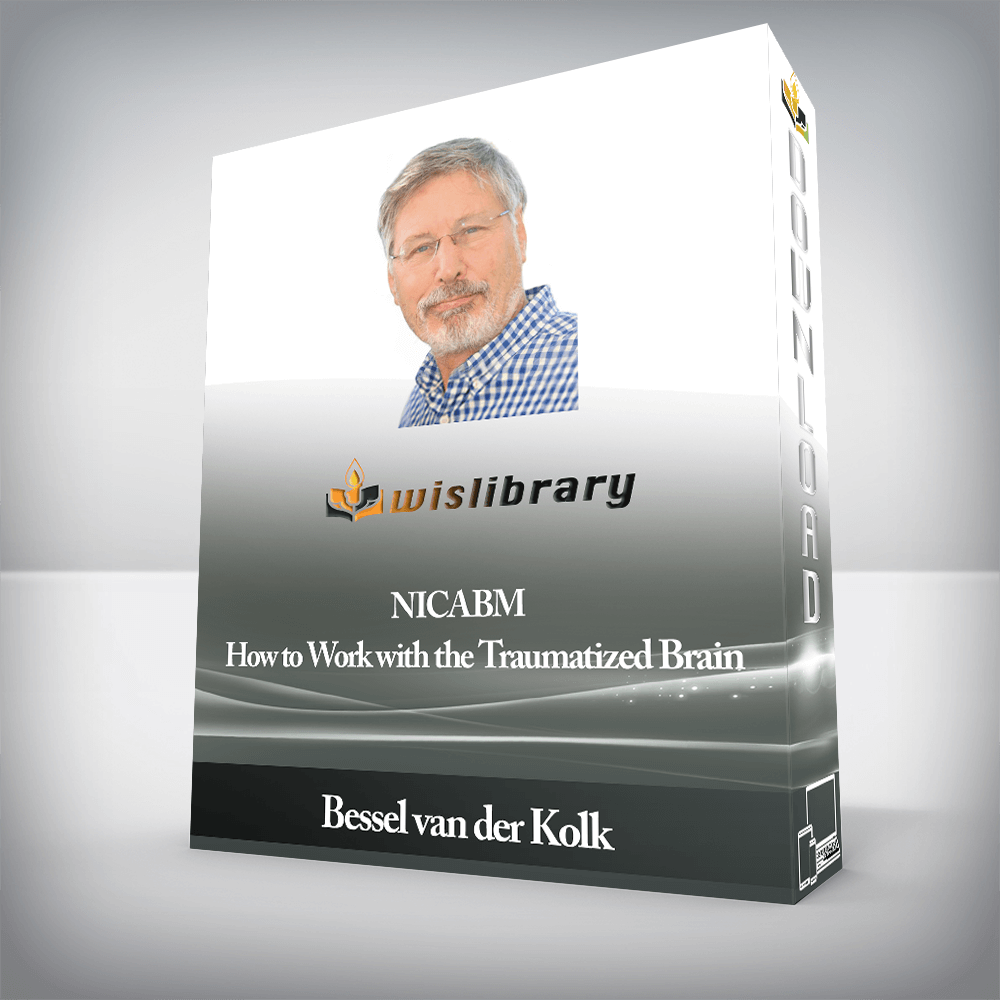

How to Help Patients Change Their Brain After Trauma.
File Size: 2.14 GB.

We know that trauma changes the brain. So how do we choose brain-savvy interventions that can help patients feel safe when processing traumatic memory?
Understanding the brain’s role can bring depth and power to our interventions. And that can speed healing and reduce symptoms for even the most traumatized clients.
That’s why we’re bringing you . . .
 |
Downloadable video and audio to watch or listen to when it’s convenient for you |
 |
TalkBack Segment to distill key ideas (this is where we “land” the session) |
 |
Next Week in Your Practice video to give you concrete strategies to use with patients |
 |
Printable QuickStart Guide to make review and action simpler than ever |
 |
Professionally-formatted transcript of the session |

In the TalkBack Session, Ron Siegel, PsyD and Joan Borysenko, PhD join me to dig more deeply into Bessel’s teaching. Our job is to make yours easier by streamlining the information and making sure each point is crystal clear. We’ll examine key ideas, clarify critical concepts, and break it all down so you can gain confidence in your understanding.
Then, with “next week” in mind, we’ll turn smart ideas into easy-to-use solutions. In Next Week in Your Practice, Rick Hanson, PhD and Bill O’Hanlon, LMFT join me to give you specific strategies for helping people who have experienced developmental trauma self regulate. We’ll show you how to translate Bessel’s teaching into practices and exercises that you (or your clients) can use right away.
The QuickStart Guide will help you stay fresh and confident as you turn Bessel’s insights into action. It’s an at-a-glance reference to the most powerful concepts and strategies for working with patients who have experienced trauma. We’ve gathered all the essential tools and methods into a concise, easy-to-use guide so you can quickly review and apply these ideas when you need them most.
Our Professional Transcript will help you reinforce key ideas so you can integrate them into your life and work. We’ve designed your transcript with an easy-to-use table of contents, clear, organized formatting, and helpful highlight quotes so you’ll have the information and exercises you need at your fingertips.
There are no reviews yet.
You must be <a href="https://wislibrary.org/my-account/">logged in</a> to post a review.